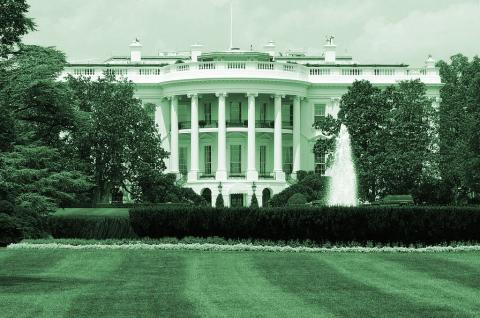Attorney General Jeff Sessions' resignation from his post this week at the behest of the president was a cherry on top of another string of wins for the marijuana legalization movement in America.
Although he was not asked to resign because of his overtly hostile position toward the marijuana legalization movement in the United States and the consumption of the plant itself (as a U.S. Senator he once said, "Good people don't smoke marijuana.")––
His removal from office does pave the way for a more relaxed White House Department of Justice stance toward legalizing the plant.
Acting A.G. Has Mixed Record on Marijuana Legalization, But More Open Than Jeff Sessions
Matthew Whitaker, the temporary acting A.G. in Sessions' stead, may be nominated to be Sessions' permanent replacement. Though Whitaker did criticize the Obama Administration for not enforcing federal prohibition strictly enough– legalization advocates are hoping this was merely bluster against a sitting Democratic president in statements made during a Republican Primary.
And while running for the U.S. Senate in Iowa, Whitaker praised the Hawkeye State's CBD-only medical marijuana laws, even though they defy federal drug policy, which could signal his willingness to embrace a more common-sense, states' rights approach to public policy if nominated to be the next Attorney General.
Donald Trump Said Earlier This Year He Will Support Congressional Efforts to Legalize Marijuana
Earlier this year Donald Trump said he would be support Congressional efforts to legalize marijuana federally, putting him at odds with the now-sacked A.G. Jeff Sessions.
Michael Collins, interim director of national affairs for the Drug Policy Alliance, said of the outgoing Attorney General: "He’s been an absolute disgrace on drug policy. We would welcome any attorney general whose policy ideas would move beyond the 1980s."
Three States Legalize Marijuana By Voter Initiative in 2018's Midterms
In Tuesday's midterm elections just before Sessions' resignation, Michigan became the 10th state to legalize marijuana for recreational consumption by voter ballot initiative.
And Missouri and Utah are now one of 23 other states where marijuana consumption is permitted with a doctor's note.
This isn't just important because it's a victory for the marijuana legalization movement, which has tirelessly fought to reform federal drug prohibitions that have been in place since the 1970s.
State and voter defiance of federal drug policy has been a slow motion landmark victory for state sovereignty against federal overreach–– and for voter activism over more restrictive forms of representative government.
This movement started and gained momentum in Western states (with the first legalization of marijuana for medical purposes passed by California voters in 1996), where voter initiatives allow more participatory democracy and reform minded activism to prevail.
